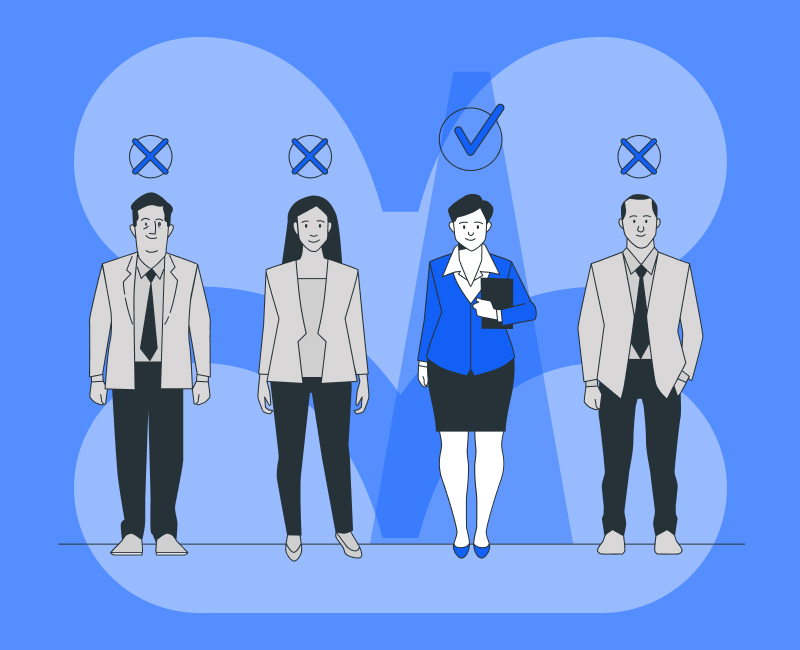Today’s employment landscape has undergone a complete transformation. Workplace changes are accelerating, influencing the way companies do business and suggesting that workforce stability will become an employer’s competitive edge in the years to come.
This sounds promising, as our unemployment rate has reached a historic low at 3.7% and reports estimate that:
- More than half (52%) of CEOs will increase their headcount within the next twelve months
- 60% of workers will be hourly employees
- 57% of the workforce will be millennials by 2025
For companies with a large service workforce, however, these factors are causing a seismic shift in the way they approach recruiting. Enterprises are now faced with new challenges around attracting and retaining quality hires, shedding light on their inefficient recruitment process and broken hiring systems.
The New Service Economy
What’s more, the ways in which hourly employees find work is also changing. The prevalence of e-commerce giants, new technologies and a heightened attachment to mobile devices has created a “connected customer,” who demands same-day deliveries, 24/7 customer services and all-in-one experiences. These expectations are flowing over into the hiring process, with workers demanding this same personalized and flexible experience with their potential employers.
At Fountain, we call this the fast-growing New Service Economy, where employers are competing for the same limited talent pool (against more companies than they might realize), making hiring much more difficult. That’s because traditional hiring practices have not adapted to the dynamic needs of this new workforce, who want to onboard quickly, so they can start earning wages.
Businesses who rely on a non-traditional workforce—gig workers, freelancers, shift workers, and more—make up the New Service Economy, and many are struggling to keep up to the point where it’s affecting their bottom line.
Companies must be willing to arm their recruiters with the tools to process high-volume applications and keep their flexible workforce pipeline active, which can be done by:
- Offering a personalized application experience that wins over candidates and allows recruiters to process quickly and effortlessly
- Embracing analytics, automation and more visibility into key touchpoints that might otherwise slow down the hiring process or discourage qualified candidates
- Shifting from online job postings to high-touch, high-quality interactions before, during and after hiring
Those who continue on with their manual hiring practices not only risk losing their competitive edge of a stable workforce, but there will be some significant business implications.
Here are three ways not modernizing your hiring operations can affect your company and workforce:
- Reduced Pool of Qualified Candidates—Companies who adopt automation as part of their recruitment strategy will move qualified candidates through the process and hire them faster than their competitors can, reducing the number of quality hires left to choose from.
- Slower Scalability—Expanding companies or those entering a new market rely on hourly staff to power their business, but without the right systems in place filling open positions takes more time, slowing down the ability to scale. By how much? Just ask Lime, who leveraged the right technology and expanded into 100+ markets and four continents in just six months.
- Unmet Business Goals—Less qualified hourly workers, or simply not having enough staff to fill the schedule, could impact other business objectives, such as reaching aggressive sales goals for the year, creating a better shopper experience, or becoming operationally excellent.

 Nov 13 2018
Nov 13 2018
